Cannes: 70 years of scandals at the film festival
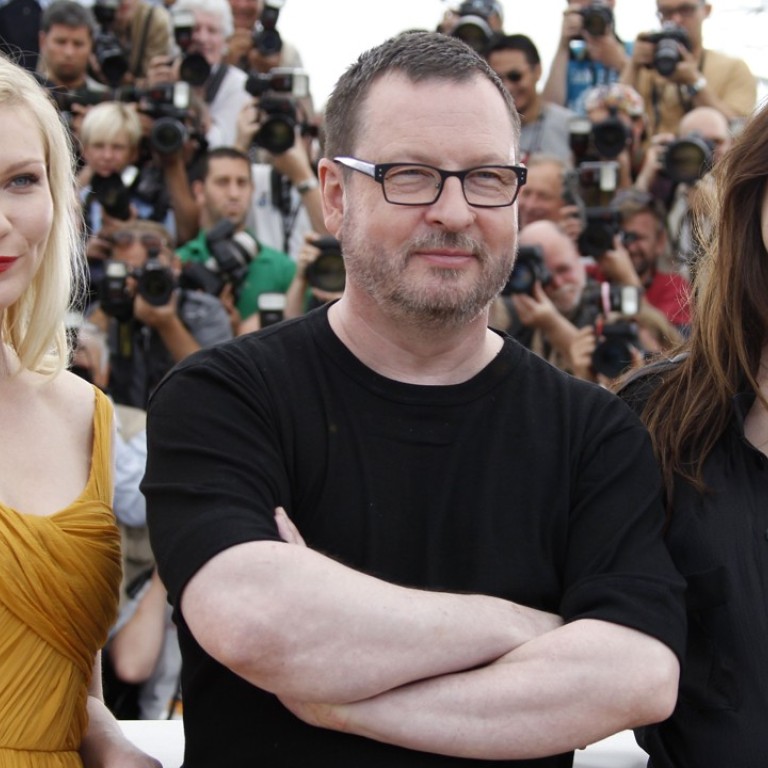
The Cannes film festival, the most important in the world, turns 70 this year. As the French Riviera resort prepares for the event, which starts Wednesday, we look back at the scandals that have rocked the festival:
‘La Dolce Vita’
Federico Fellini’s “La Dolce Vita” -- now considered a classic -- won the Palme d’Or at Cannes in 1960. But the Catholic Church condemned it as a mockery of Christ’s second coming, branding it “La sconcia vita” (The repulsive life) for what was then deemed gratuitous decadence.
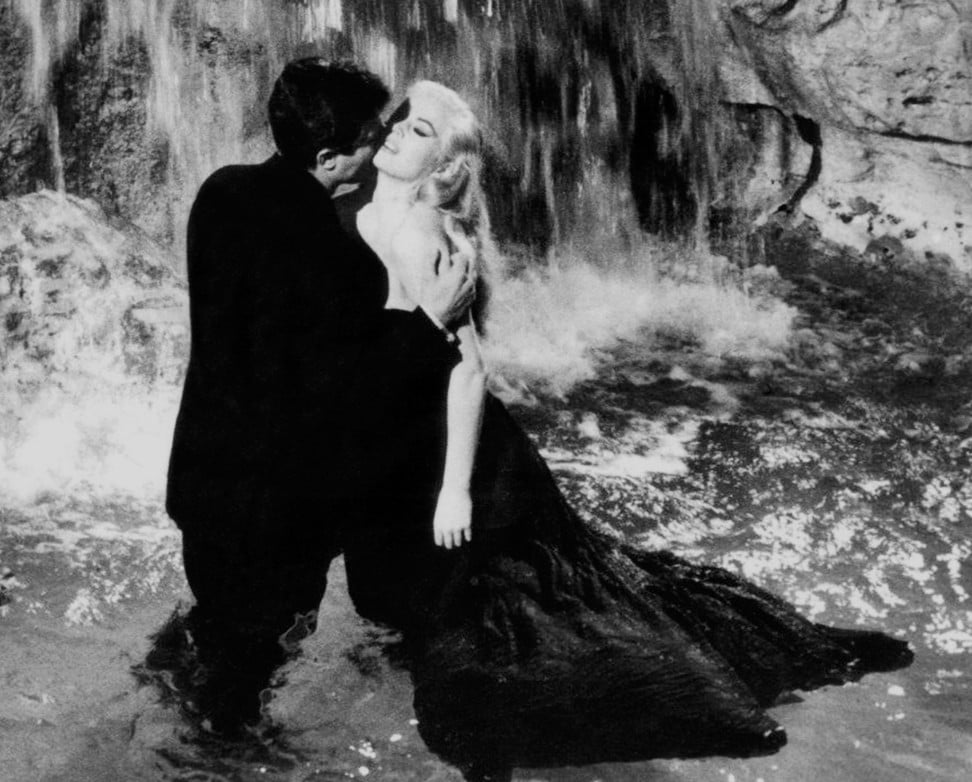
The film was banned and censored in many countries. The Palme d’Or winner the following year, surrealist director Luis Bunuel’s “Viridiana”, also incurred the Church’s wrath for its portrayal of a novice nun’s sexual awakening.
The 1968 ‘revolution’
As student protests and strikes paralysed France in May 1968, directors Claude Lelouch, Jean-Luc Godard, Francois Truffaut and Roman Polanski helped bring Cannes to a close early by going on strike too.
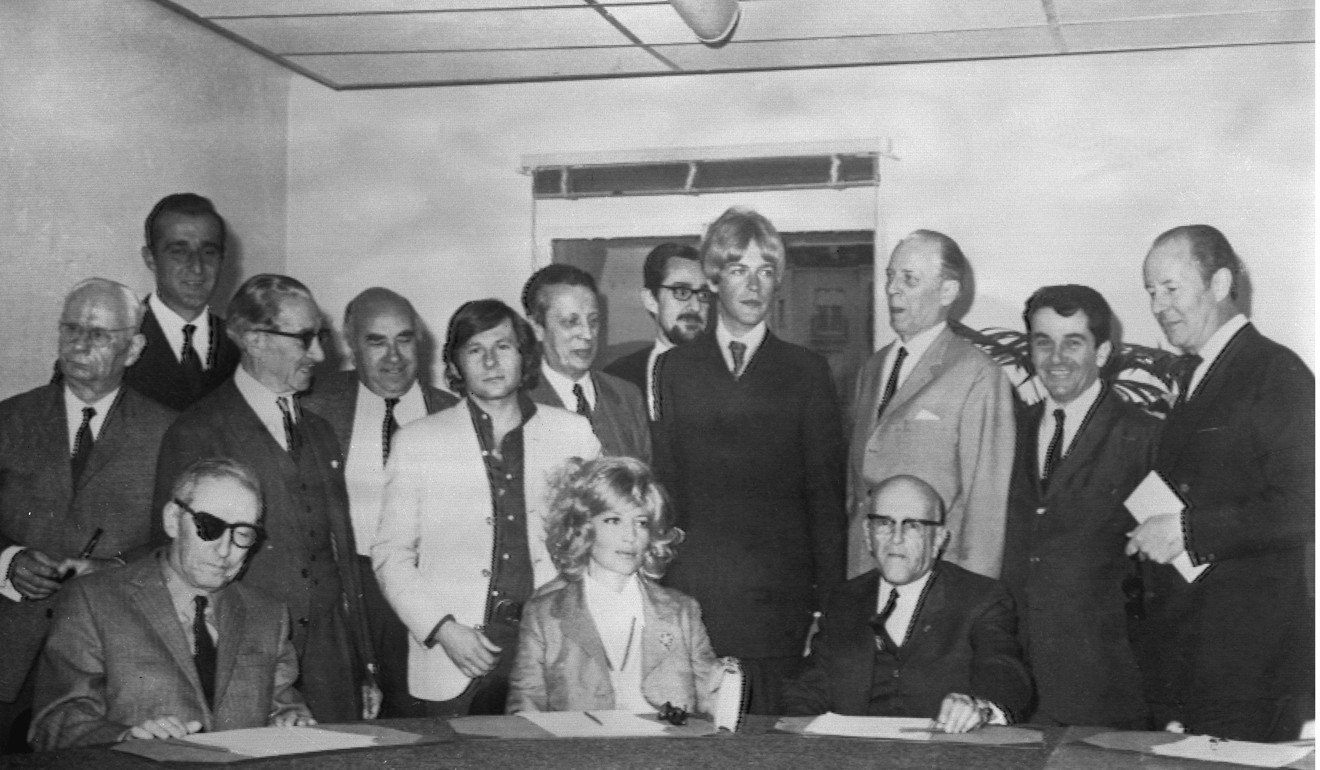
The end came when director Carlos Saura prevented the premiere of his own film “Peppermint Frappe” by dangling off the curtains in front of the screen. No awards were given.
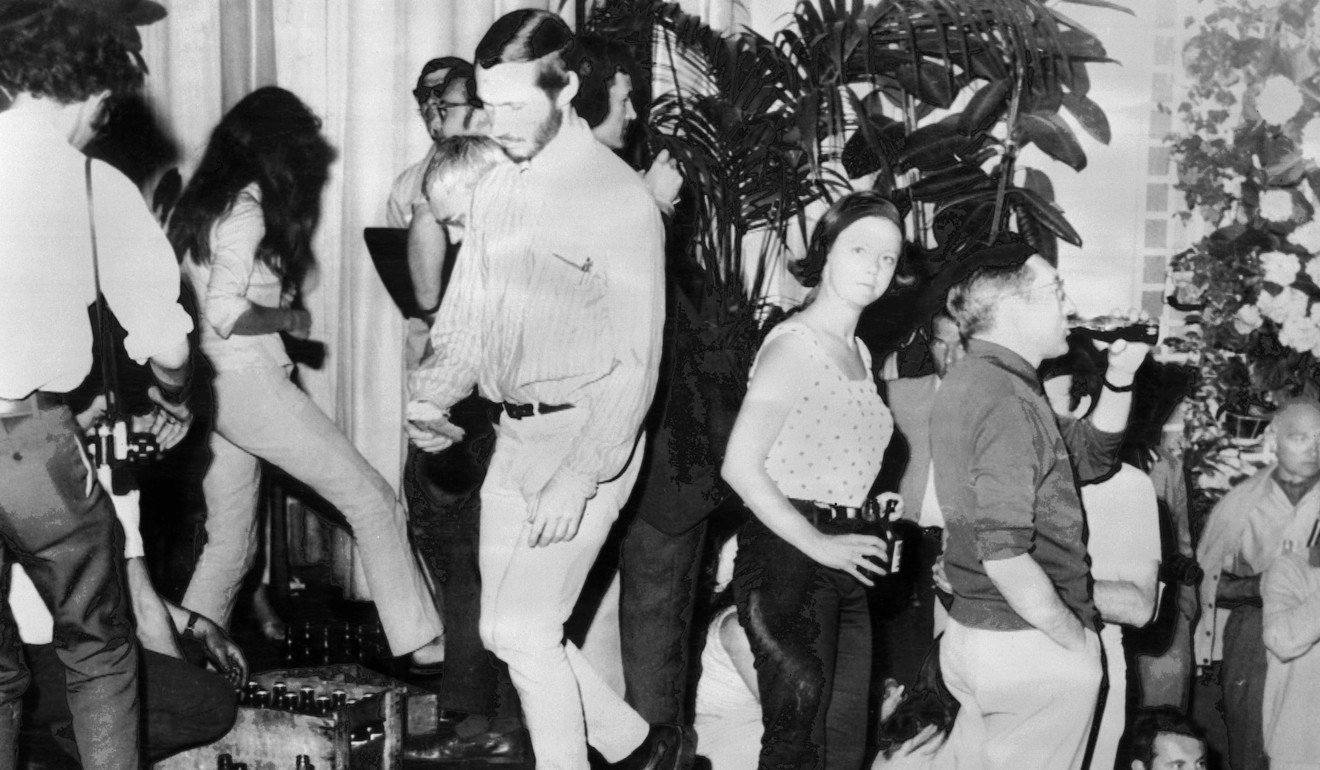
War in Algeria
Ten years earlier in 1958, the French government considered cancelling the festival altogether because of the turmoil caused by the conflict in the French colony of Algeria, which was fighting for its independence. In the end, the festival went ahead but many left early and the closing gala called off.
Photographers snub star
In 1983, French actress Isabelle Adjani was starring in “One Deadly Summer”, but refused to attend a traditional press conference to plug the film. Furious photographers banded together to plot their revenge.
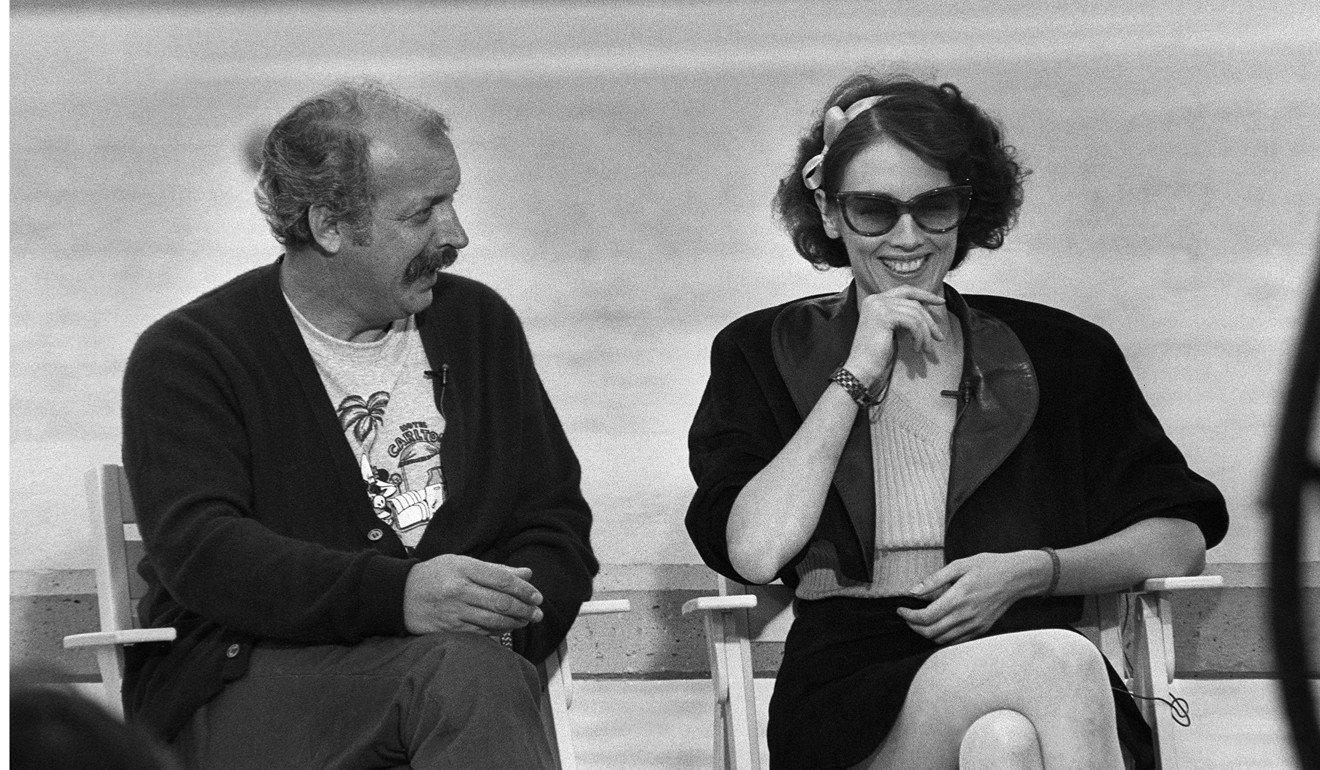
When Adjani arrived on the red carpet that night for the official premiere, they laid down their cameras and turned their backs on her.
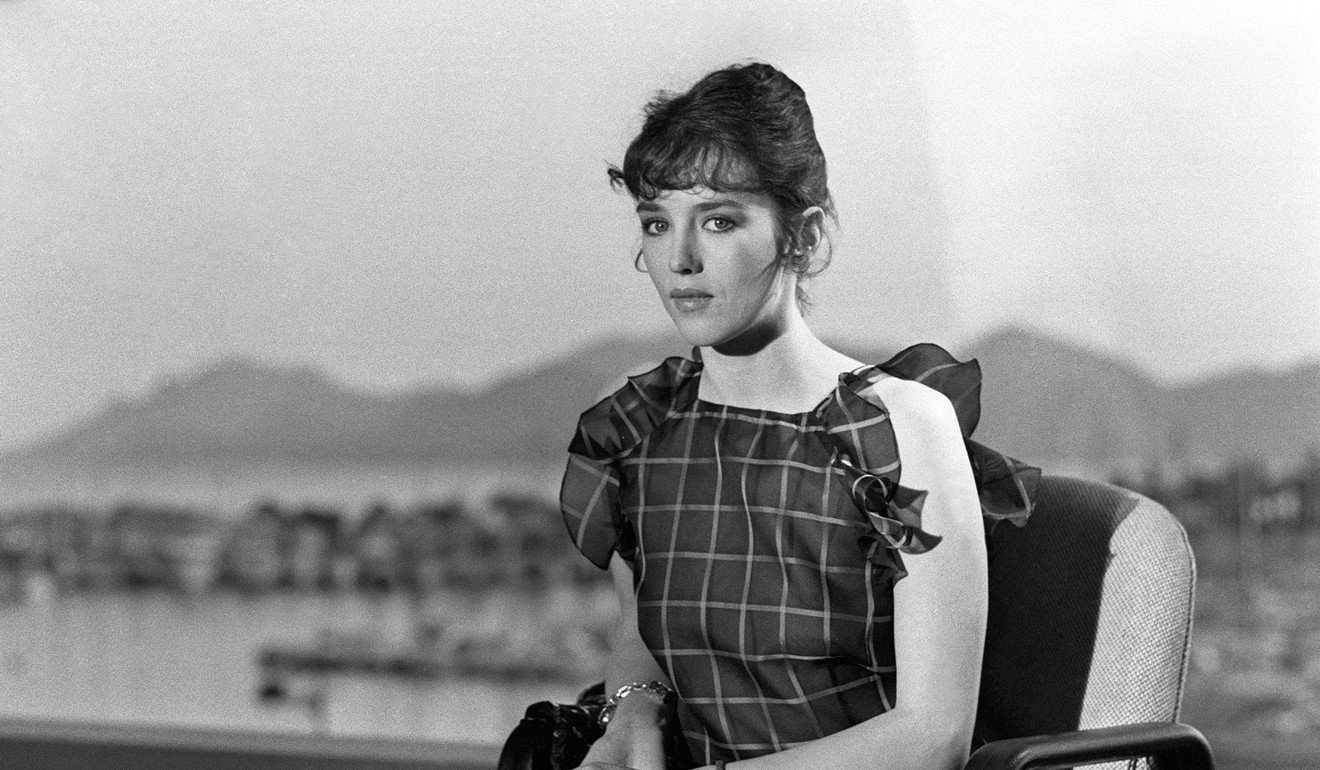
‘I don’t like you!’
Maurice Pialat became the first French director in 21 years to win the top prize in 1987 for “Under the Sun of Satan”, which had Gerard Depardieu as a zealous rural priest. But many at the awards ceremony did not agree with the choice and Pialat drew jeers when he walked up on stage.
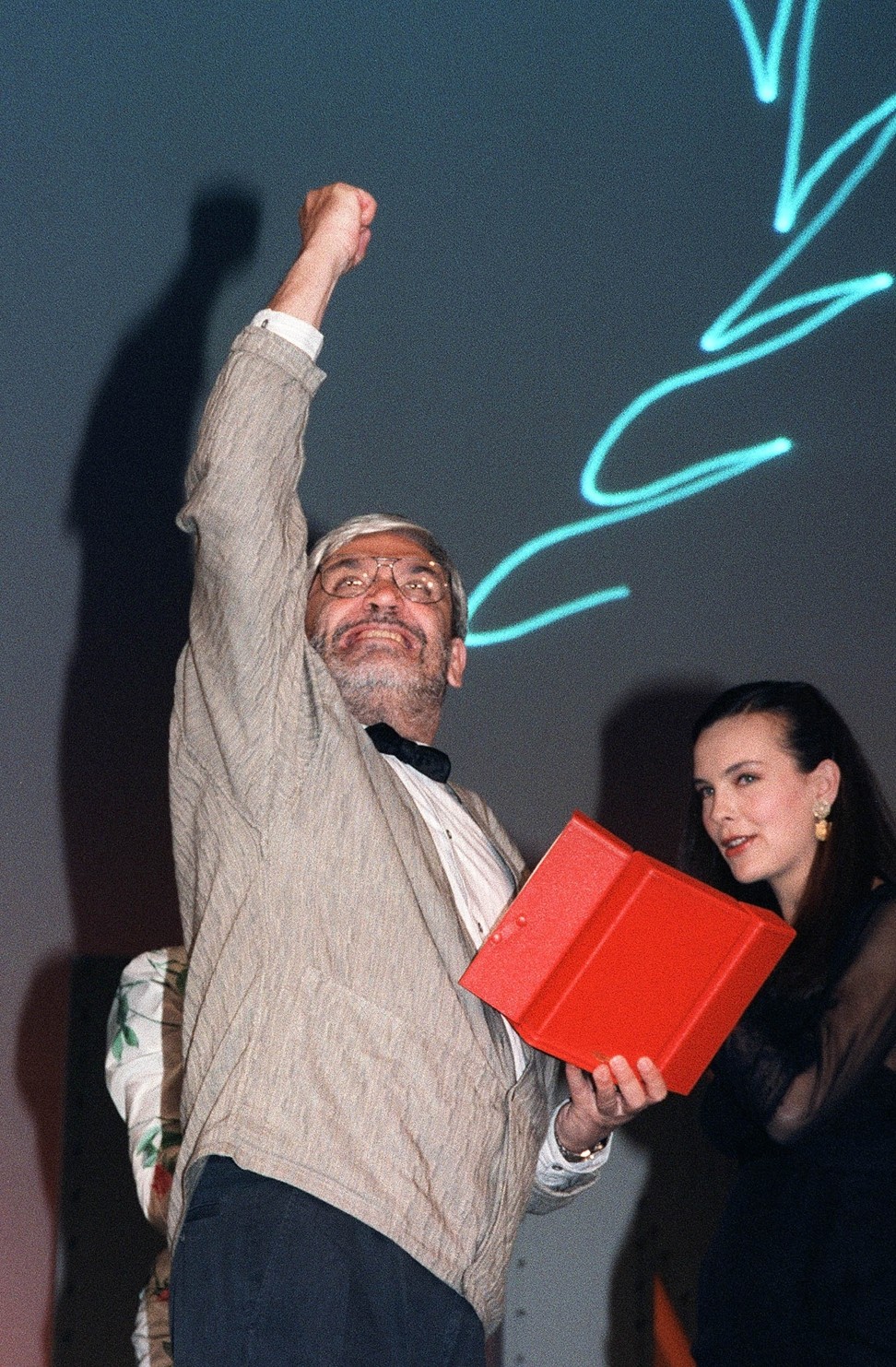
Shaking his fist, the director turned to the audience and shouted: “If you don’t like me, I can tell you I don’t like you either!”
Mass walk-out
In 2002, 250 people walked out during the premiere of Gasper Noe’s hardcore rape drama “Irreversible”, with reports of some having to be given oxygen by medics.
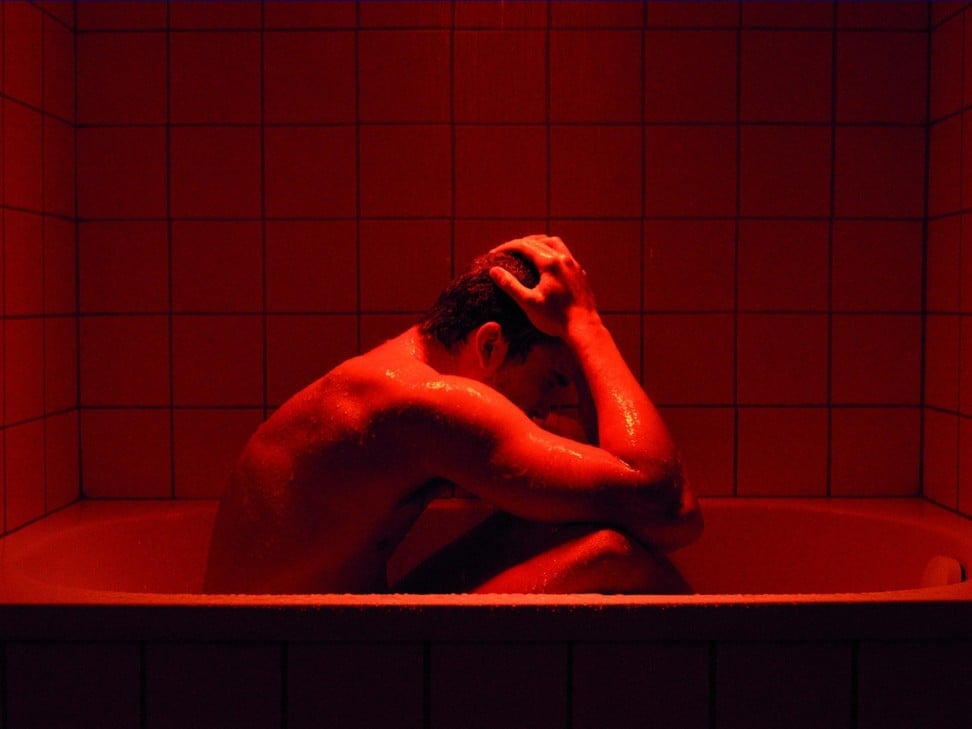
It sparked a huge debate on whether its shocking images of sexual violence were justified. Those who stayed in the cinema, however, gave the film a five-minute-long standing ovation.
Fahrenheit 9/11
Michael Moore’s anti-George Bush documentary “Fahrenheit 9/11” caused a political storm when it was premiered in 2004, with the jury, led by US director Quentin Tarantino, giving it the Palme d’Or.
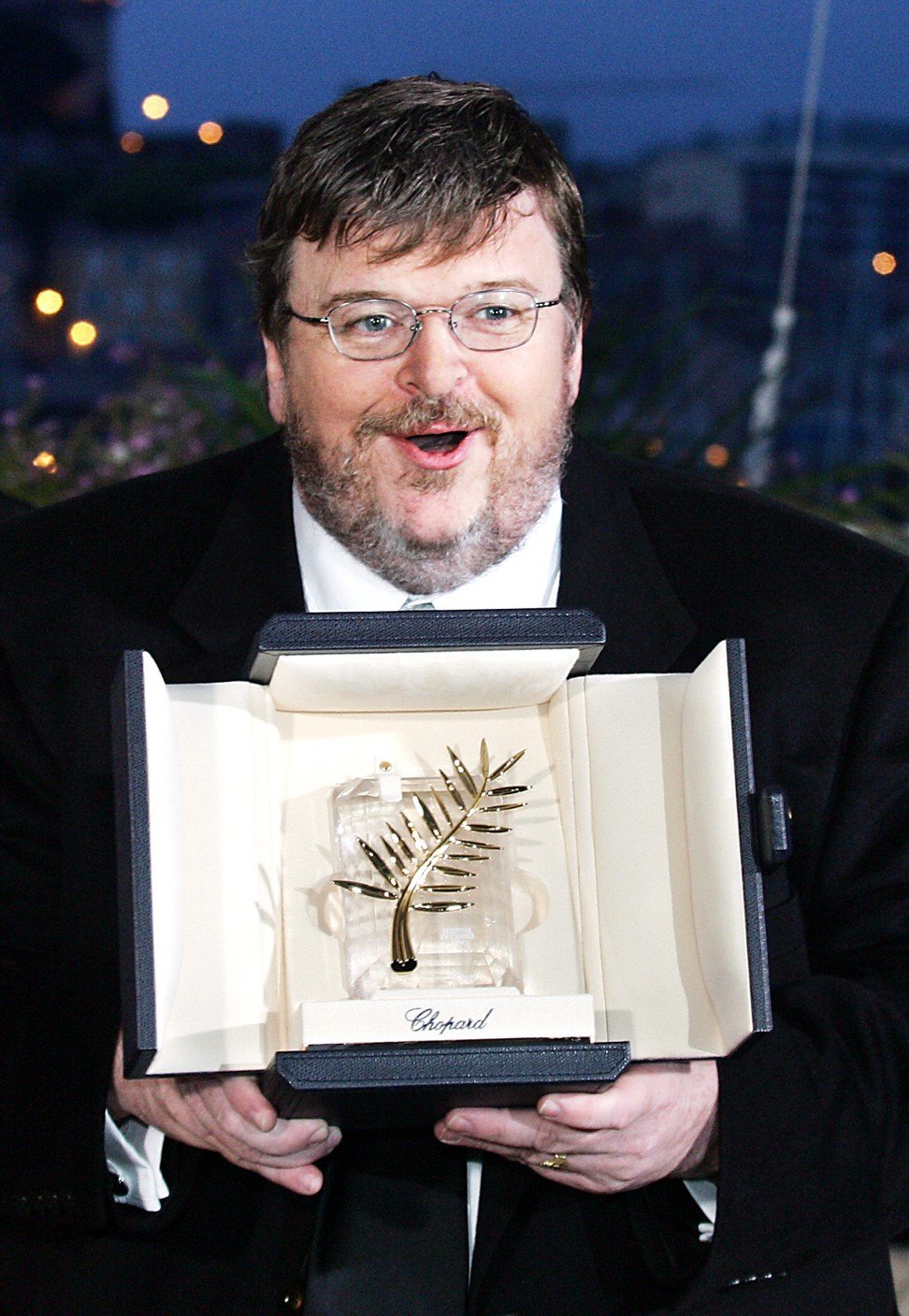
The film outraged American rightwingers, and Disney refused to release it. Even so, the film went on to take $120 million (110 million euros) at the box office.
Von Trier: ‘I’m a Nazi’
Not for the first time, the provocative Danish director Lars Von Trier -- a previous Cannes winner -- was at the centre of a scandal in 2011. At the press conference for his film “Melancholia” Von Trier expressed a certain sympathy with Adolf Hitler.
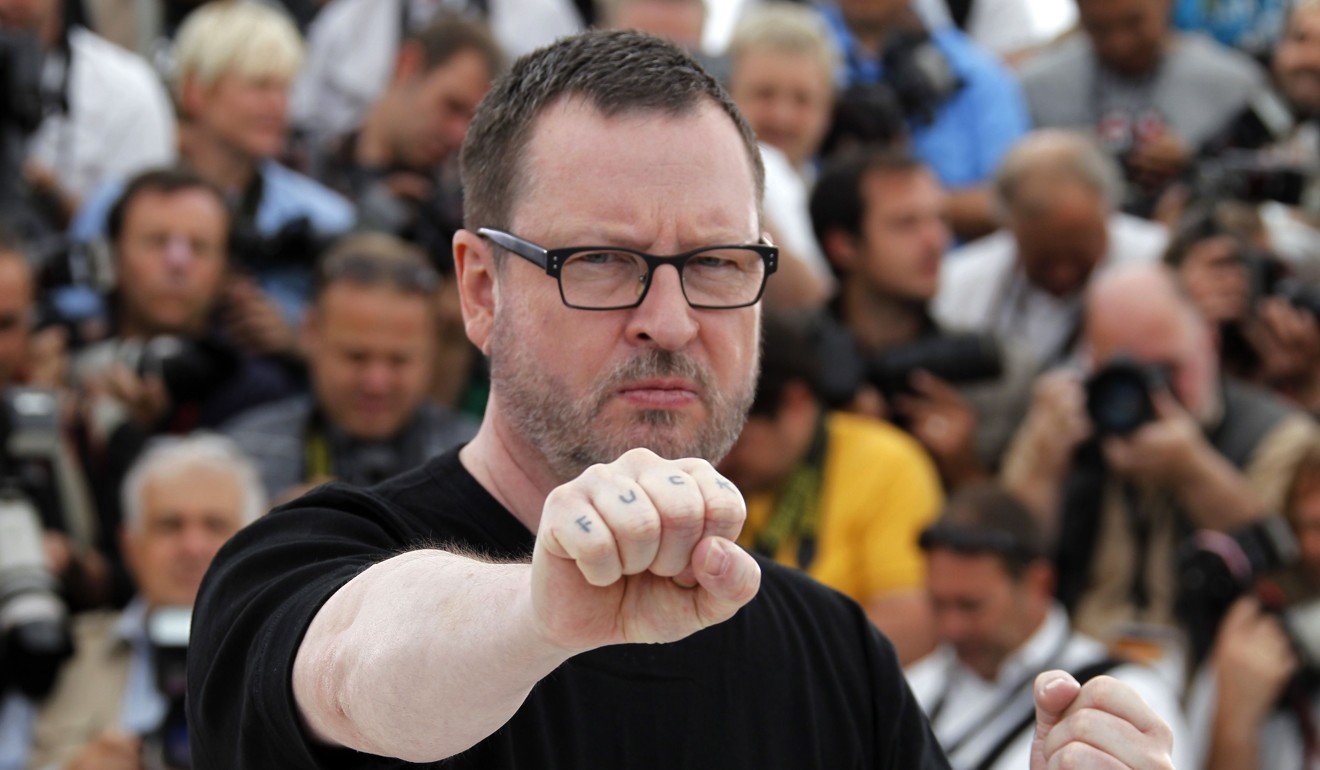
Trying to dig himself out of the gaffe, he added, “I am very much for Jews; well not too much because Israel is a pain in the ass. But still, how can I get out of this... OK, I’m a Nazi.”
He later apologised but was declared “persona non grata” by the festival and has not been invited back since.
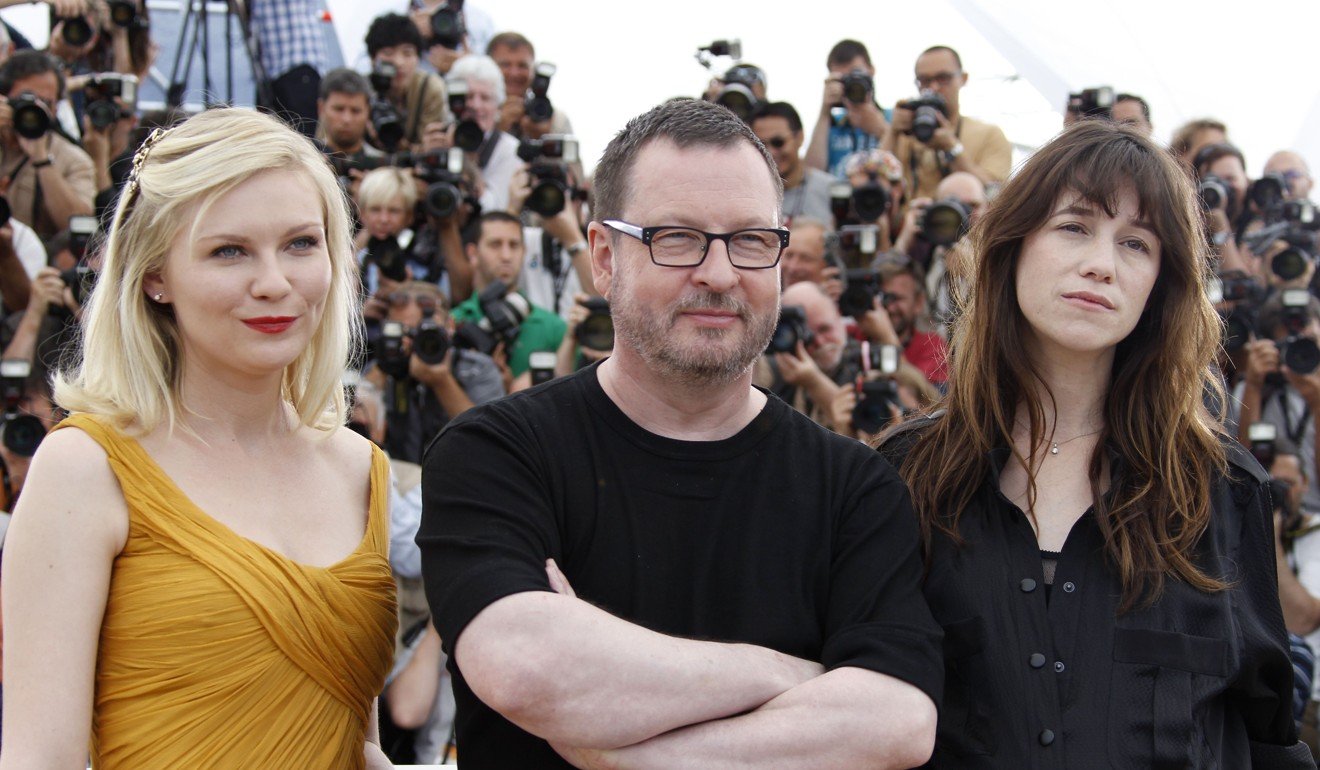
Borat’s mankini
Starlets on the beach in skimpy swimwear have been a Cannes staple from the start. But it took a man, British comic actor Sacha Baron Cohen, to create a scandal when he appeared in his now infamous green “mankini” to promote “Borat: Cultural Learnings of America for Make Benefit Glorious Nation of Kazakhstan.” Cohen’s costume left very little to the imagination, especially for unsuspecting members of the public sunbathing on the beach.
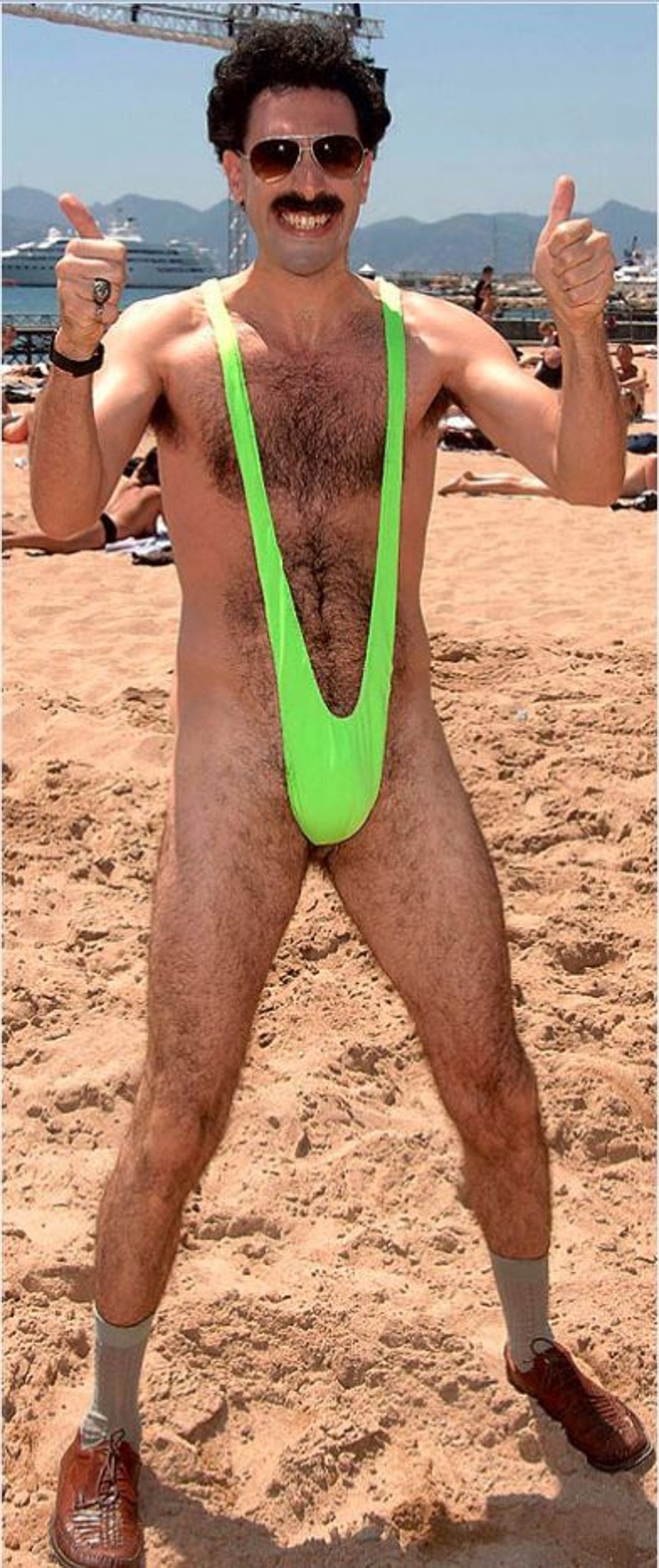

From to Nazis to mankinis, we look back at the scandals that have rocked the Cannes film festival